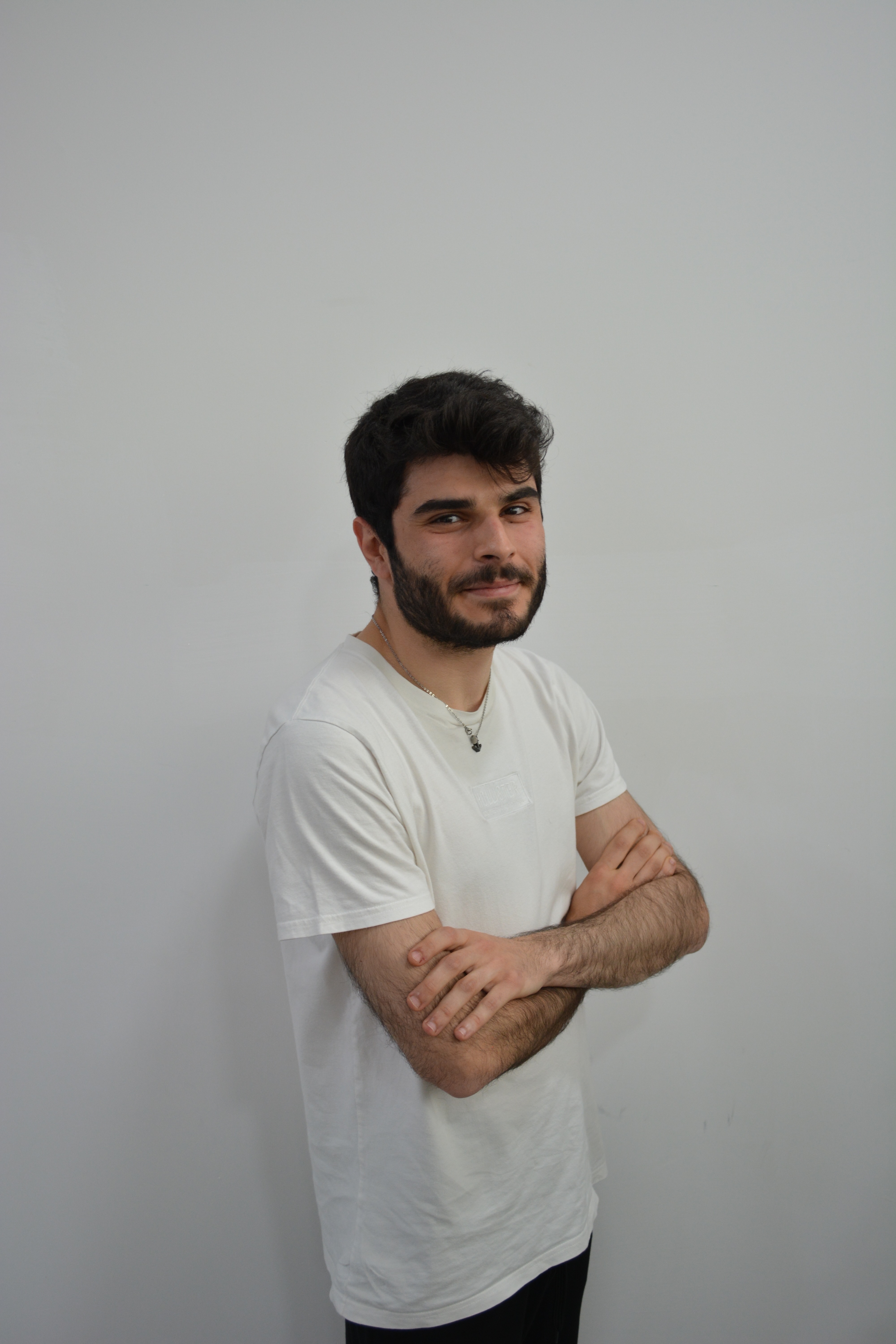Head of Advanced Histopathology Facility
Project Leader, Translational Unit
Research Associate, Department of Clinical Medicine and Surgery, University of Naples Federico II, Naples, Italy
Nicolina Cristina Sorrentino was graduated with honors in Biology Science at University of Naples “Federico II”. After working as fellow at the Telethon Institute of Genetics and Medicine of Naples (TIGEM), she started a PhD in “Life and biomolecular Sciences “at Open University at TIGEM. Her main research interest is the development of new therapeutic strategies for the treatment of inherited neurodegenerative disorders. After the PhD, from 2012-2017 she was responsible for an important preclinical gene therapy study in collaboration with "Shire Pharmaceutics “ based on a comprehensive CNS transduction analysis of several AAV serotypes in a large animal model for enabling the selection of potentially clinically transferable AAV serotypes based on disease specificity. These approaches built the basis for the clinical evaluation of these AAV vectors in inherited human neurodegenerative diseases. In 2017 she became project leader and alliance manager of the “TIGEM translational Unit” contributing to the development of in vivo large-scale preclinical studies. In 2020, she was appointed Head of Advanced Histopathology facility at TIGEM that provides high quality histopathological services to the internal scientific community and to external research centers. In that period, she also started a carrier as independent researcher a TIGEM. In 2022 she was appointed as a Research Fellow at Department of Clinical Medicine and Surgery of University of Naples “Federico II”.
Her research focus is based on the designing of new gene therapy and drug therapy protocols for the treatment of CNS pathology in Mucopolysaccharidosis Type II and Type IIIA.
Understanding and developing therapeutic approaches for Severe Inherited Neurodegenerative Mucopolysaccharidoses type II and type IIIA
MPS are a group of lysosomal storage disorders (LSDs) caused by a deficiency of lysosomal enzymes and subsequent progressive accumulation of undegraded glycosaminoglycans (GAGs) in different organs. The phenotype of these disorders is complex and characterized by the variable association of visceral, skeletal, muscular and neurological manifestations. Most severe MPS are represented by the Mucopolysaccharidoses type IIIA (MPS-IIIA; Sanfilippo type A; MIM 252900) and Mucopolysaccharidoses type II (MPS-II; Hunter Syndrome). They are caused by inherited defects of the lysosomal hydrolase enzymes lead to the accumulation of GAGs systemically, particularly within the central nervous system (CNS). The treatment of CNS disease is the main goal for the development of any therapeutic approach for these disorders. Currently, there is no effective therapy for the treatment of CNS pathology in MPS-IIIA patients and existing clinical protocols try to alleviate the somatic symptoms rather than treat the causes of the disease.
Our studies elucidated on the mechanism of the CNS and retinal pathology and demonstrated the efficacy of the intrathecal gene therapy protocols based on the adeno associated viral vector (AAV)-mediated delivery of lysosome enzymes results in a rescue of brain pathology, including memory deficit, as well as improvement in somatic tissues. The aim of our work is to design novel translational therapeutic strategies based on AAV-gene therapy and drug therapy protocols able to improve the rescue CNS and somatic storage pathology in MPS patients.
Nicolina Cristina Sorrentino is the Head of the Advanced Histopathology Facility, providing high quality histopathological services to the internal scientific community and to external research centers.
- Retinal Degeneration in MPS-IIIA Mouse Model. Frontiers in Cell and Developmental Biology, 2020
- Enhancing the Therapeutic Potential of Sulfamidase for the Treatment of Mucopolysaccharidosis IIIA. Mol Ther Methods Clin Dev, 2019
- Glycosaminoglycan levels and structure in a mucopolysaccharidosis IIIA mice and the effect of a highly secreted sulfamidase engineered to cross the blood-brain barrier. Metab Brain Dis, 2016
- A comprehensive map of CNS transduction by eight recombinant adeno-associated virus serotypes upon cerebrospinal fluid administration in pigs. Mol Ther, 2016
- A highly secreted sulphamidase engineered to cross the blood-brain barrier corrects brain lesions of mice with mucopolysaccharidoses type IIIA. EMBO Mol Med, 2013
Quote
My research goal is to understand the mechanism of the neuropathology progression and develop advanced gene therapy and drug therapy protocols for the treatment of inherited neurodegenerative disorders
Additional Funding
- MPS - THE NATIONAL MPS SOCIETY - Induction of autophagy pathway as new therapeutic option to prevent the CNS pathology progression in Mucopolysaccharidosis Type II (2021-2023)
- ODC - THE ORPHAN DISEASE CENTER - Preclinical study of Fluoxetine efficacy in MPS-I mouse model (2023-2024)








